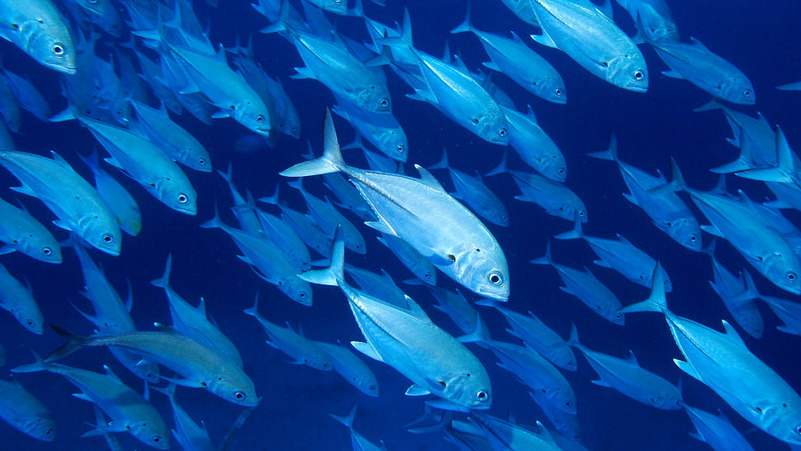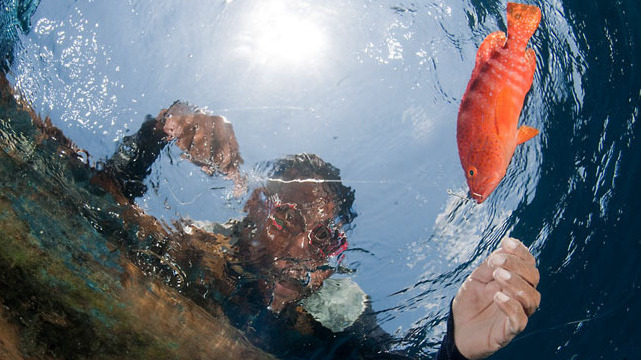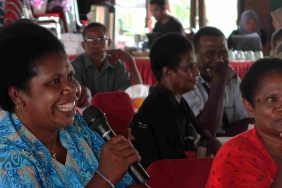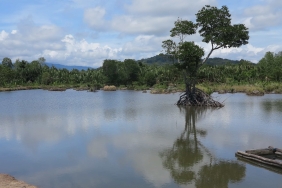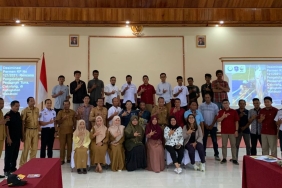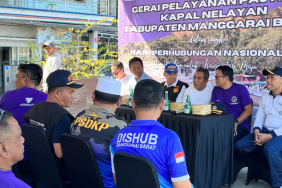SUSTAINABLE FISHERIES
ABOUT SUSTAINABLE FISHERIES
Sustainable fisheries management can be defined as all efforts in information gathering, analysis, planning, consultation, decision-making, allocation of fish resources, and implementation and enforcement of fisheries laws and regulations. This is done to achieve sustainable productivity of aquatic biological resources.
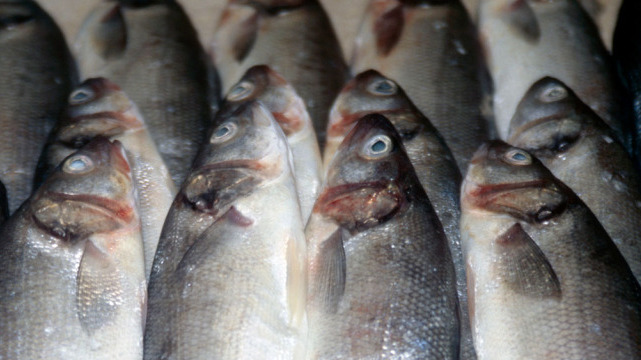
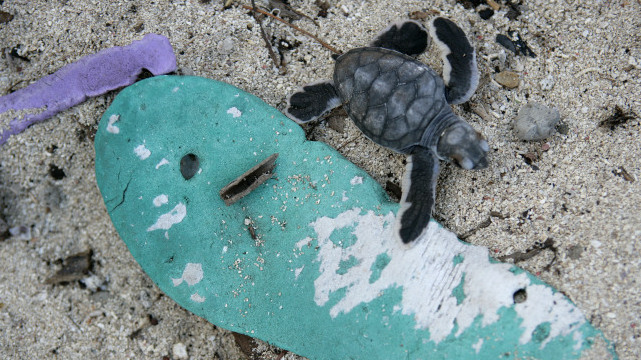
THE THREATS
Fish populations around the world are declining at an alarming rate. If not addressed, people as the main consumers in the future will not be able to consume this nutrient-rich food source.
WHAT WE DO?
WWF advocates the Blue Economy framework to the government to manage water areas sustainably. WWF assists fishing companies through the Seafood Savers program to implement Better Management Practices (BMP), introducing community-based movements and social-entrepreneurship as a pilot for sustainable business practices in fisheries, aquaculture, and marine tourism. WWF encourages the use of best fisheries practice standards set by the ASC (Aquaculture Stewardship Council) or MSC (Marine Stewardship Council).
